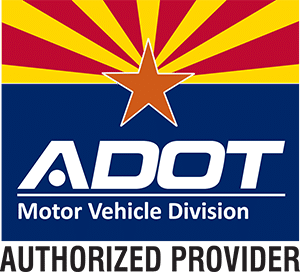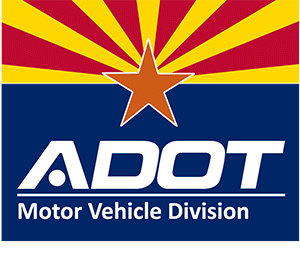Driving in Cold Weather: What Winter Does to Your Car
Feeling the chill of winter mornings? You’re not the only one: So is your car.
Winter weather, even here in Arizona, can have an effect on your vehicle. While it’s true that our winters are relatively mild here—usually free of snow and ice on the roadways—the nighttime temperature drops can take a toll.
And if you drive up north for a snow day, or drive anywhere else with legitimately cold weather, then it’s a good idea to know what to expect from your vehicle when it’s exposed to those wintry temps.
The Tires
Winter brings a risk of driving around with underinflated tires. That’s because as the air in your tires gets colder, it contracts and has less pressure. Your tires lose one pound per square inch of pressure for every 10 degrees Fahrenheit the temperature dips. If they get severely low, that can cause uneven or unsafe wear to the tread, and you could even get a flat.
What to do: Check your tire pressure more regularly in winter and make sure they contain the manufacturer’s recommended pressure.
The Battery
We know that the intense heat of Arizona summers is enough to make a battery drop dead, but winter likewise isn’t so great for car batteries. Chilly batteries don’t deliver as much current as they’re supposed to, especially if your battery is a little older.
What to do: A warm battery is a happy battery. If you have to park outside and it dips below 30 degrees Fahrenheit (not unheard of here in Phoenix), try to park in a covered spot or near a building. That little bit of shelter will help your battery a lot.
The Fluids
Just like your car’s battery, the fluids in your car like to be warm and cozy. Cold temperatures can make the oil, wiper, brake, and transmission fluids sluggish and less efficient.
What to do: Keep your car’s fluids at the recommended levels. If you are heading somewhere where temps will be below freezing, check with your mechanic to find out if they recommend a lower viscosity engine oil or a winter fluid mix for your windshield wipers. While gasoline won’t freeze, the fuel line can have serious problems if it accumulates ice. To prevent this, keep the gas tank at least half full.
The Undercarriage
If you frequently drive on roads that have been salted, that can cause your car’s undercarriage to become corroded or rusted. Are you a born-and-bred Phoenician and not familiar with road salt? It’s what gets spread on icy roads to make the ice melt, in order to make winter driving safer.
What to do: If your driving is limited to Phoenix-area road conditions, then you likely don’t need to worry about this one. But if you do drive often on roads that have been salted, or you take a road trip and encounter salted roads, be sure to clean your car at a car wash that has an under-spray.








